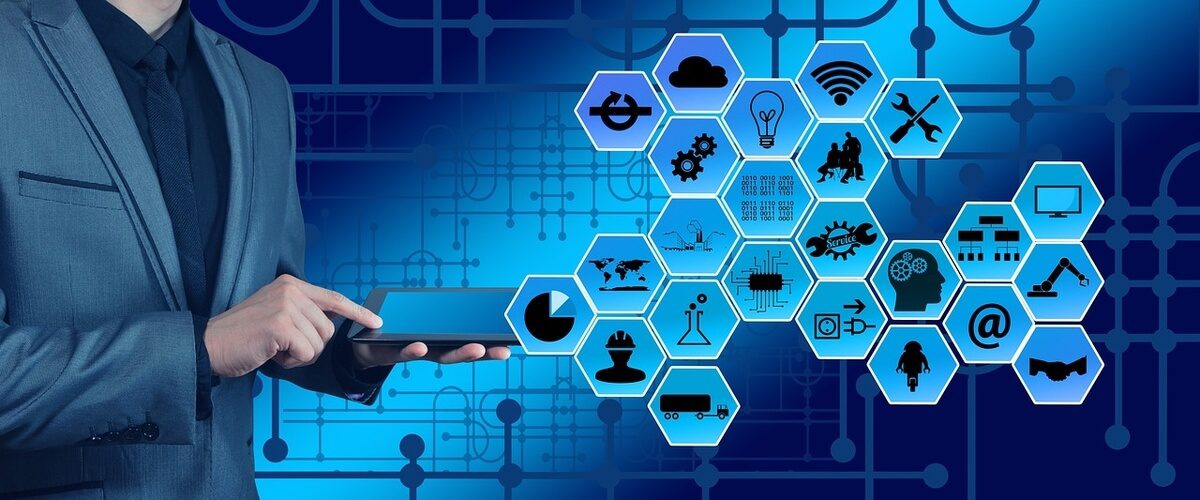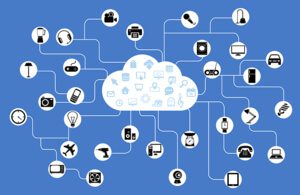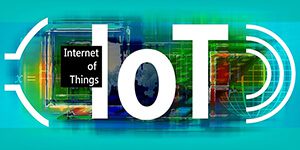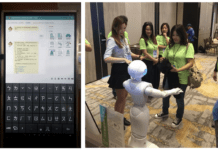 Nokia once recognised as a pioneer in mobile communications is now entering the world of smart cities – it is set to position itself as a leading digital services supplier – on a bigger scale, it aims at providing sustainable smart city solutions.
Nokia once recognised as a pioneer in mobile communications is now entering the world of smart cities – it is set to position itself as a leading digital services supplier – on a bigger scale, it aims at providing sustainable smart city solutions.
While most of us have understood the underlying concepts of a smart city on a broader scale, real-world implementations are yet unclear. For the same, Nokia comes forward to help smart cities reach their smart city goals quickly and efficiently. The state of the art smart city services offered by Nokia enable cities to deploy and make use of the benefits instantaneously. As per the company, their smart city services are not just quick and efficient but also cost-effective – saving on major investments.
What’s more unusual about the company’s approach is that its working in an open environment with more than 300 partners across the globe – this strategy actually helps in rapid deployment, integration and testing of the new services to ensure development. Moreover, the digital services offered by Nokia claim to have a greater level of security and protection of data against cyber threats.
Going forward, Nokia has recently launched IoT services that are ready to benefit the urban managers. So, let us explore the smart city plans proposed by Nokia that look forward to shaping a better future for smart cities.
Key Smart City Areas Addressed
Based on the challenges smart cities are facing today, Nokia brings a host of smart city applications to address the key areas.
a) Smart Mobility Services


Smart Parking – To enable drivers to get quick access to free parking with a real-time view of the parking spaces.
Connected Bus Shelter – This is something where all the bus shelters can talk to each other and the users. The digitalised and connected bus shelters communicate with people and provide the latest updates on traffic, points of interest, promotions and more.
Crowd Monitoring and Analytics – this end-to-end application monitors traffic flow in public places and analyses traffic patterns in real-time.
b) Smart Energy Services
The applications of smart energy aim at reducing the cost while at the same time enhancing the city services.
Smart Lighting – application of smart energy saves energy, enhances safety and provides better public information to everyone.
Smart Building and Smart Home – here the digital applications monitor the consumption of resources and the operational cost of public infrastructures.
c) Safe City Services
Use of modernised video analytics and IoT technologies to improve safety in a city.
Video-surveillance Analytics – the real-time visual data captured by surveillance cameras is made to generate on-the-spot alerts related to traffic accidents, speeding vehicles or other activities that violate traffic laws.
Integrated Operations Centre – all information is relayed to the control centre, analysed and interpreted to make informed decisions and to respond faster to a situation. Integrated into the centre is a group of communications system that further enhances the circumstantial awareness. The first responders in the field relay real-time information via push-to-talk or push-to-video application.
d) Healthcare Services
The digital applications in health sector focus on improving the health and well-being of citizens while maintaining the healthcare costs under reasonably low level.
Remote Patient Monitoring – The smart devices help patients to stay connected with healthcare providers. On the other hand, when patients are connected to the healthcare system, it becomes easy to analyse and prevent health-related risks.
Corporate Wellness – Here the employees are encouraged to be a part of the healthcare system which can help improve workplace wellness.
e) Smart Venue Services
Here the applications focus on improving the quality of life and experience of activities related to events and tourism in the city. The smart analytics systems monitor the crowds during the events and integrate the same with video applications. Even the tourists are enabled with smart experience through interactive communications and augmented reality. This makes the tourist feel safe and homely in a new city.
Latest Launches For Smart Cities
Internet of Things (IoT) for Smart Cities


Nokia has recently launched “IoT for Smart Cities” that enables city operators, managers and integrators to leverage the advantage of a unified smart city management. The digital applications can be deployed quickly with reliable and assured performance. The platform is an integrated modular and resizable framework powered by Nokia’s Integrated Operations Centre (IOC). The IoT applications include smart parking, smart lighting, waste management, smart environmental sensing and much more. The primary objective of the platform is to make smart cities respond faster to situations with informed decisions – helping cities become more sustainable, safe and resilient. Additional benefits of this system are that it paves way to new revenue streams.
Sensing As A Service
Data in urban settlements has soon become a valuable asset that helps in effective management. The future is not so far when billions of devices and objects will be revolving inside the IoT space communicating an enormous amount of data – this data will further need analysis, interpretation and necessary action. Today smart cities are readily making use of this data to ensure a sustainable and safe urban environment for their citizens.
Now to make all this much easier and more accessible for cities, Nokia has launched another service known as “Sensing as a Service”. It offers new data monetisation opportunities to operators using existing infrastructure. It works in the same way as smart sensors do – but it eliminates the need for sensor installation and data processing. It provides real-time processed as well as analysed data. Hence, it increases revenue and minimises upfront investments.
In addition, the platform also offers anonymised and secure transaction through blockchain as in smart parking systems.
For example, Nokia is working with Singapore telco StarHub to develop a smart city project with advertising content. The data produced will be used by StarHub to focus on smart application users such as interactive maps.
Secure Mobile Virtual Network Operators (S-MVNO)
The public safety agencies require enhancement of their communication capabilities with the adoption of mission-critical broadband. Speedy and reliable broadband data provides an infinite amount of valuable information from the public safety databases. To meet the requirements of public safety customers, commercial operators are on the job with the purpose. However, the mission-critical requirements are not met by them.
To overcome this, Nokia has launched its S-MVNO platform that helps commercial operators to improve their networks and meet the demands of the public agency with better performance, resiliency and security. Even more, this enables public safety organisations to have a control over their communication via a dedicated Core that links to the commercial network.
Additional benefits of the platform are that give commercial operators new revenue opportunities. It provides better customer satisfaction, and facility to integrate the S-MVNO for public safety to the existing network systems.
The digital solutions offered by Nokia are beneficial even for the emerging smart cities as they get an opportunity to cut on investments and at the same time pave way for new revenue streams.



































